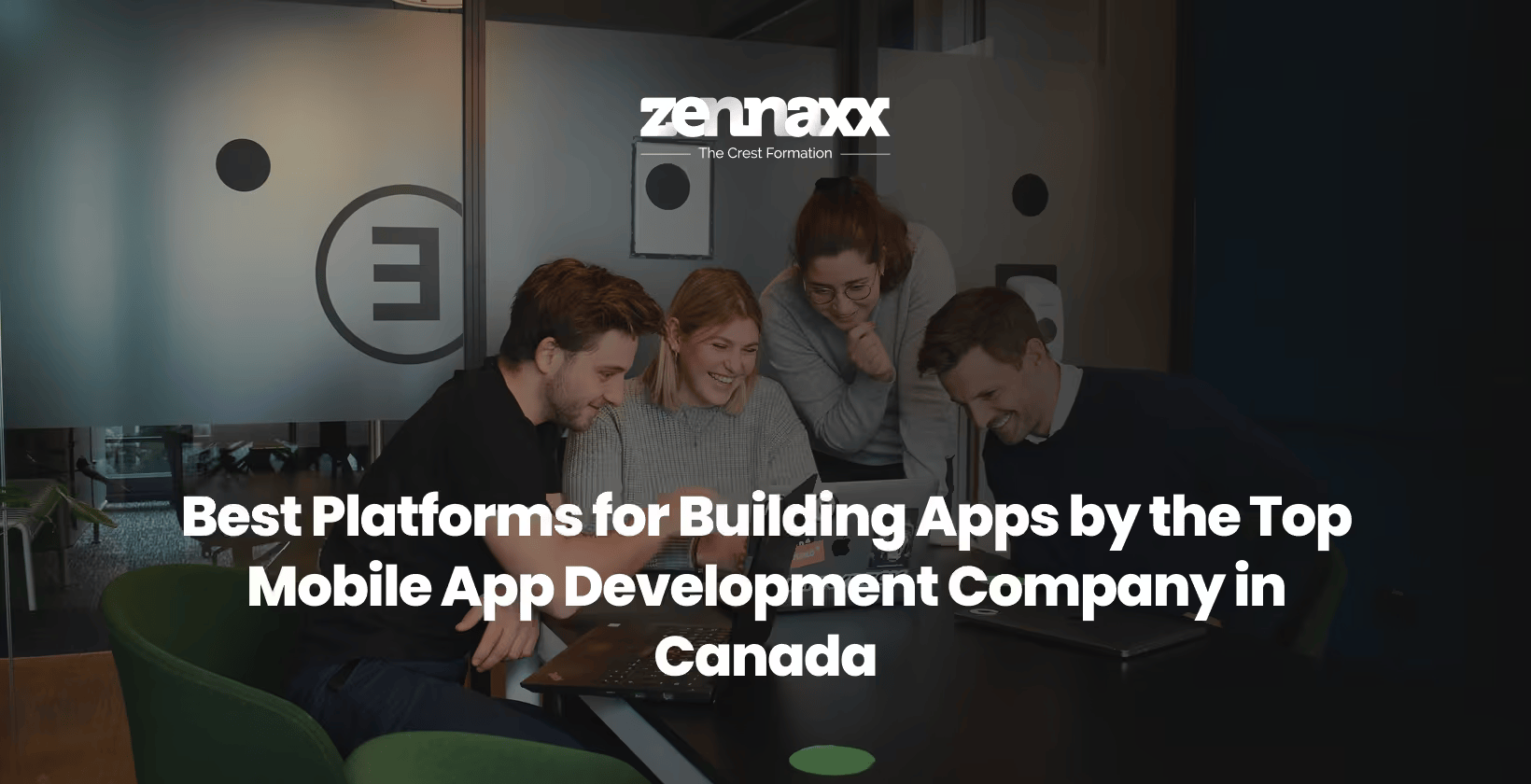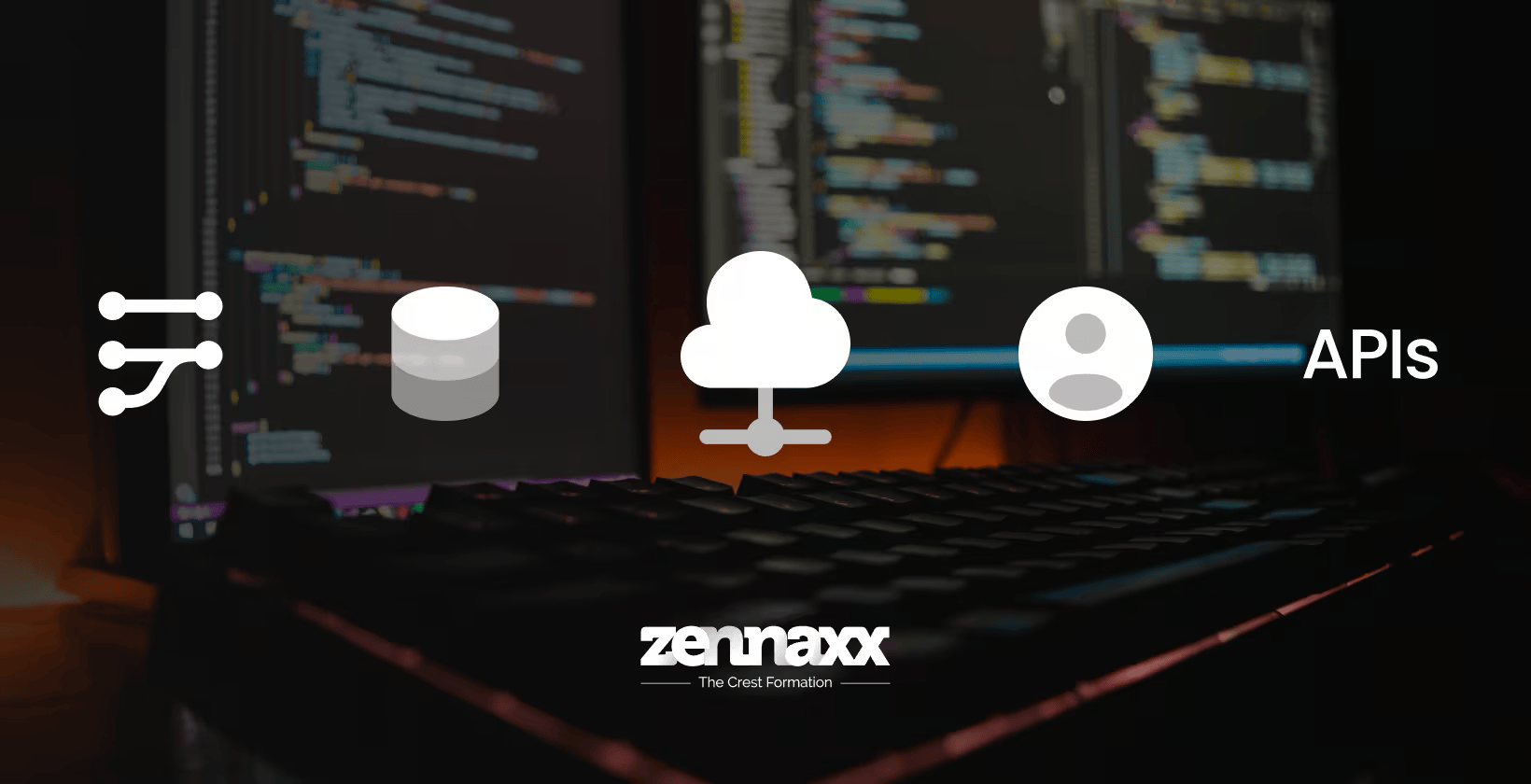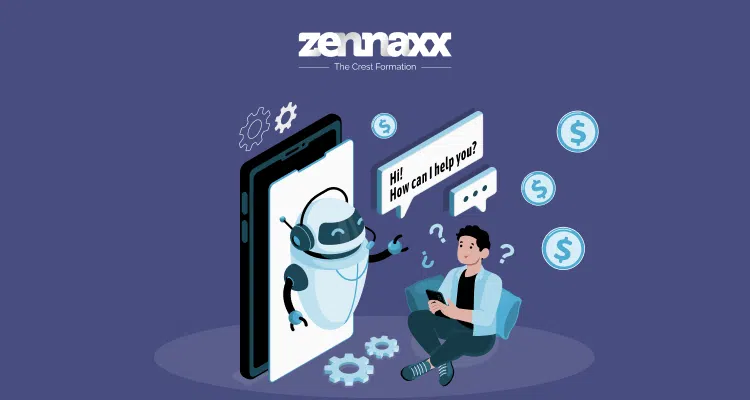3 out of 10 startups can’t survive in the market for a year. The reason is a lack of management and budget to fulfill digital customers’ demands. Reaching every customer is not easy nowadays without adopting technology and market trends.
No company or interpreter has a large budget to develop and release a solid mobile application. In this situation, you can only test the market before taking a big step in development. Because it better tests the market before launching your application so you can develop a successful application.
This is called MVP development. Minimum Viable Product Development is the right choice for launching a successful product.
In this article, we discuss MVP development cost and the factors for reducing the Minimum Viable Product development expenses.
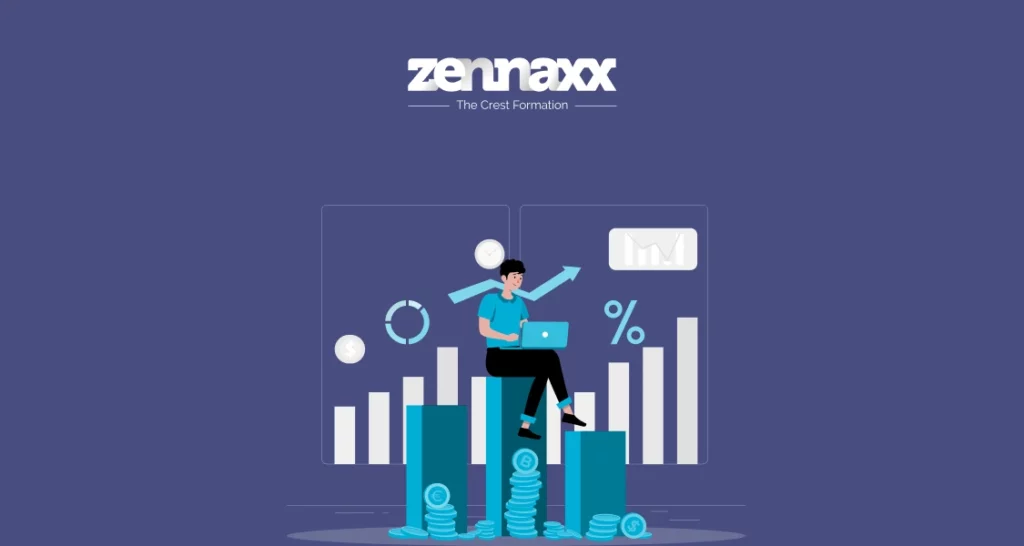
What is an MVP app?
Frank Robinson, the CEO and President of SyncDev, used the phrase MVP for the first time in 2001. Since then, MVP development has grown in popularity as its reach and advantages have been highlighted.
MVP is a simple working project model of your product with the basic features and customer requirements included. It helps clear up customer issues by gathering customer experience and product loopholes.
The primary purpose of an MVP is to test the market with minimal investment. The budget for MVP development is smaller than the whole project to help find customer ideas and assumptions before committing significant resources to full-scale development.
Businesses can reduce the cost of minimum viable product development and time-to-market by focusing on the basic requirements while providing value to early adopters.
Why do you need an MVP mobile app?
Building an MVP mobile app is the right opportunity to find the market value of your project idea. The advantage of starting with the basic MVP mobile app is that you can save your entire project budget and resources.
Plus, you get honest feedback from users early on, which helps improve the app immediately.
Suppose your idea base is strong, and you need more funds to develop your business with a high level of investment. In that case, you can contact the right development consultant and develop an MVP mobile app to present your idea to investors.
Why do you need to plan your MVP software development budget?
MVP development cost is not more expensive than an entire project, but without the right direction, you may pay more for the whole project in total development. So, it would be better to graph an entire budget before starting your project and compare it with the cost of full mobile app development.
You must also focus on extra funds to make more improvements and changes to the MVP application cost. It may be accessible or costly, depending on your MVP application development technology and the project you have. Also, it would help if you used more cost reference feedback in some marketing and other factors.
A common reason for failed products and startup companies is that funding runs out during development. Creating a realistic budget is therefore advised before you start spending and saving for the next step.
How much does it cost to build an MVP and what factors affect it?
The average MVP development cost is around $10,000 to $150,000 per your project requirements and the specifications you want to include. The pricing for MVP development cost depends on your proper fixed goal and clear management of the project.
Lack of deep understanding before starting may result in unexpected costs and delays. With the appropriate guidance and knowledge of the factors that affect your pricing structure for minimum viable product development, it is essential to be clear before developing factors like types of applications, application design, choosing a development team, and many more.
1. What are the main factors which affect your MVP developing cost?
The budget for MVP Development depends on various factors and also depends on time and place. Whatever functionality you choose to add to your MVP product, every factor affects MVP development cost. Here, we explain which factors can affect MVP development costing one by one with details.
1.1 Application type
Determining the type of app you want is the first step in figuring out how much it will cost to develop an MVP. The cost mainly depends on how complex the app is and what features it includes. The simpler the app, the lower the price, and vice versa.
To keep costs down, it’s a good idea to list the features you want in your app and then prioritize them. Please focus on the essential features of your users’ journey, like what users do and how they interact with the app.
You can use different techniques to prioritize features, such as must-have, nice-to-have, or unnecessary. This helps you stay focused on what’s most important for your app without going over budget.
1.2 Development team
Choosing a development team is most important to shape your project. It not only affects your cost, but the right development team provides quality advice and sharp timing, too.
Here, we compare the different team costs with other expenses.
The table shows the costs of different team types, including in-house teams, offshore product development companies, and local teams.
Outsourcing is the preferred option for businesses, allowing dedicated teams to construct MVPs. Local teams can save on infrastructure and hardware costs, but the overall cost may be higher.
Freelancers offer affordable services, but experience and communication issues may hinder business owners. Full-stack developers can cost $5,000-$7,000 per month.
1.3 Hourly rate
Hourly rates work on two factors: your company’s location. Different countries have different costs and money values, so MVP development cost based on location affects your price, and other things depend on developer experience and a completed project portfolio.
A fresher developer only takes a little money, but you can not be sure about the output. And when you find the experienced developer is also 3X more than a fresher developer, the quality and efficiency of the work are usually higher.
Experienced developers have a deeper understanding of coding practices and industry standards and can provide valuable insights to optimize your MVP development process.
Additionally, their extensive project portfolio demonstrates their ability to deliver successful outcomes, making them a reliable choice for your project.
Want to Automate Your Business Process With a Software Solution?
Zennaxx, a leading software development firm in Canada, has delivered 700+ bespoke solutions spanning various industries.
2. Tech stack required
When deciding on the technology stack for your MVP software development, you need to consider the complexity of your project. Here are some excellent options for both frontend and backend interfaces:
2.1 Frontend Interface:
- Provide one-way data binding.
- It Easy to code and understand.
- Use virtual DOM for efficient rendering.
2. Angular.js :
- Implements two-way data binding.
- Follows the Model-View-Controller (MVC) framework.
- Employs HTML for creating user interfaces.
3. Vue.js :
- Provides an interactive and user-friendly UI.
- Open-source and progressive framework.
- Offers strong computing properties.
2.2 Backend Interface:
1. Ruby on Rails :
- Enables the creation of secure and functional MVP apps.
- Known for its object-oriented nature.
- Developer-friendly syntax simplifies coding.
2. Python/Django :
- Widely used in AI and machine learning fields.
- Prioritizes code readability.
- Suitable for both small and large-scale applications.
3. Node.js :
- Built on Google’s V8 JavaScript engine.
- Excellent for real-time messaging or streaming web apps.
- Offers high performance and scalability.
2.3 Cross-Platform Technologies:
- Utilizes JavaScript programming language.
- Allows for flexible code sharing.
- Easily scalable for future growth.
- Google Flutter
- Open-source development platform.
- Facilitates cross-platform code development.
- Supports easy integration with third-party services and APIs.
Choosing the right technology stack depends on factors such as project requirements, scalability needs, and development expertise.
By selecting the appropriate tools and frameworks, you can ensure the success of your MVP software development while effectively managing complexity and resource constraints.
3. Type of contract
The type of contract you choose and its obligations also determine the pricing for MVP development. One of the most commonly utilized contract types is the time-and-material contract, which operates on an hourly payment basis.
This contract offers flexibility in terms of work arrangements and ensures expenses for creating a minimum viable product development.
While time and material contracts are widely preferred due to their flexibility, fixed-price contracts are also available but are less commonly used. Fixed-price contracts require a precise scoping of the project and a detailed list of developer duties upfront.
This can be challenging because changing the project scope during development can be complicated and may incur additional costs.
4. UI/UX Design
A well-designed app with a user-friendly interface and smooth navigation are standard requirements for success. Investing in UI/UX design may cost more upfront, but it’s worth it to create a strong brand identity and ensure a positive user experience.
Wireframing, which outlines the structure and flow of the app, is also essential for both MVP and final product development. Allocating a budget specifically for UI/UX design ensures that your app meets user expectations and stands out in the market.
Remember that the more extensive the design and research required, the higher the overall cost will be. But investing in a user-friendly and visually appealing app can pay off in the long run.
5. Development Time-frame
The time needed to build an MVP can fluctuate depending on various factors, including the product’s complexity, the development team’s size, resource availability, and technological hurdles.
The main objective of an MVP approach is to swiftly validate the product idea’s core value proposition and collect user feedback.
Therefore, by keeping the development timeline relatively short, you can launch your MVP sooner, gather valuable insights, and make iterative improvements based on honest user feedback.
Creating the first MVP version should not take two weeks to complete. Cost estimates for MVP development usually depend on the timeline.
This expedited development process allows you to test your product idea on the market quickly and efficiently, ensuring you can promptly adapt and iterate based on user responses.
6. The Hidden Costs of MVP App Development
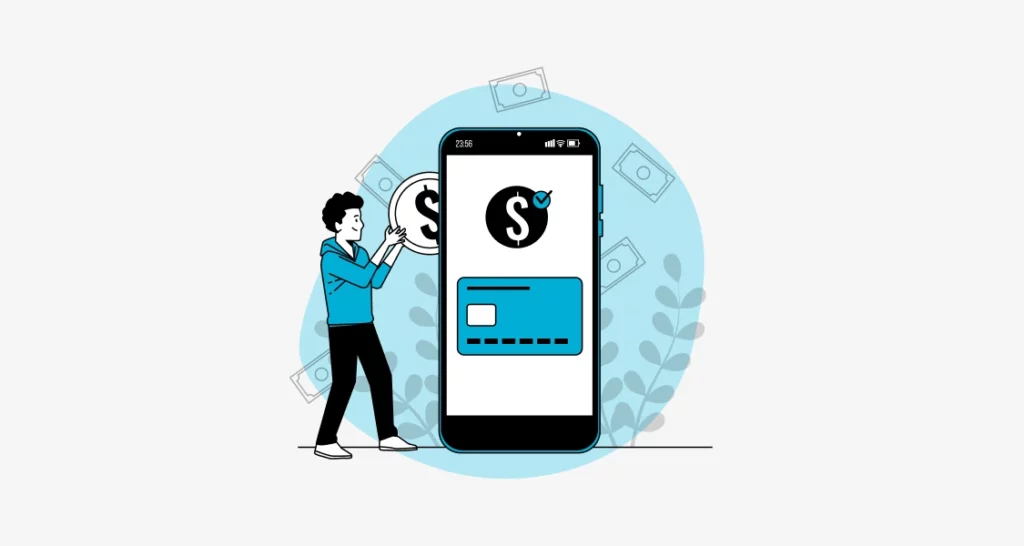
It’s essential to consider the hidden investment needed for MVP development that may arise throughout the process. Here are some key areas where additional expenses may occur:
6.1 Deployment and App Store Submission
Getting your app live on app stores involves specific costs, such as developer account fees, submission charges, etc.
6.2 Quality Assurance and Accessibility Testing
Check your app is bug-free and accessible to all users. This may require investing in quality assurance testing and accessibility audits to test your MVP before launch.
6.3 Iterations and Enhancement
After launching your MVP, you may need to make iterations and enhancements based on user feedback, which can incur additional development costs. You can prefer some and avoid some improvements based on your business requirements.
6.4 Scalability and Performance Optimization
As your user base grows, you may need to optimize your app for scalability and performance, which may involve investing in infrastructure upgrades or code optimizations.
6.5 Integration and Third-Party Services
Integrating third-party services or APIs to enhance your app’s functionality may involve subscription fees, integration, and MVP development costs.
6.6 Localization and Internationalization
If you plan to expand your app to international markets, you may incur costs related to localization and internationalization efforts, such as translation services and cultural adaptation.
6.7 Maintenance Plan
Regular maintenance and updates are essential to keep your app running smoothly and securely. Budgeting for ongoing maintenance costs is necessary to ensure your app’s long-term success.
6.8 Growth Marketing
Promoting your app and acquiring new users may require investing in marketing campaigns, advertising, and user acquisition strategies. All are also included in the Budget for MVP Development.
This hidden cost also changes the Pricing Structure for Minimum Viable Product Development.
Post Development Factors that Affect MVP App Development Costs
After you’ve launched your app, there are a few important costs you’ll need to cover to make it successful:
Marketing
Find a partner to advertise your app on different platforms. You can use social media, blog posts, and email newsletters to reach potential users. To get people to notice your app, you’ll need to spend around $10,000 on average for advertising.
Find a marketing partner to promote your app across different platforms, like social media or sponsored ads.
Sales
Develop a strategy to get people to use your app. Use data like how many people use your app daily to determine what works best. Remember, making money from your app is the final goal.
It’s essential to have a good sales pitch to sell your app to the right customers. You should spend between $5,000 and $10,000 to develop a successful strategy.
Maintenance
Keeping your app updated and bug-free is essential. It’s also a chance to get user feedback and improve your app. Running your app smoothly takes about 20% of your initial development budget.
This includes server costs and ensuring your app works with other services. The total cost depends on how complex your app is and where your team is located.
Ready to take your idea from concept to reality?
Let’s start by crafting your Minimum Viable Product (MVP) strategy. Ready to build something amazing together?
Tips To Reduce Minimum Viable Product Cost
Here are some practical tips to help startups reduce the cost of a Minimum Viable Product (MVP) app without compromising on quality:
1. Low-code/No-code Development
Consider using low-code or no-code development platforms that minimize the need for extensive coding. These platforms enable rapid app development with minimal technical expertise, reducing development time and costs.
2. Use Open-source Libraries and Frameworks
Take advantage of open-source libraries and frameworks available in the app development community. These resources are freely accessible and can help you build a feature-rich MVP without the need for costly proprietary tools.
3. Opt for Cloud-Based Development
Harness the benefits of cloud-based development platforms such as AWS and Azure, which offer scalability, flexibility, and cost-effectiveness. By utilizing cloud infrastructure, you can avoid the expenses associated with purchasing and maintaining hardware and software.
4. Outsource MVP App Development
Consider outsourcing MVP app development to skilled teams in regions with lower labor costs. Outsourcing allows you to access a global talent pool at competitive rates, reducing overhead expenses associated with hiring and maintaining an in-house team.
5. Choose a Skilled Development Team
Partner with a skilled development team experienced in development methodologies like Scrum. Agile practices promote flexibility, rapid iteration, and early issue detection, leading to faster development cycles and cost savings in the long run.
By implementing these cost-saving strategies, startups can effectively manage the cost of Minimum Viable Product Development while delivering a high-quality product to market.
Frequently Asked Questions (FAQs)
- HOW LONG DOES IT TAKE TO BUILD AN MVP?
- Building an MVP typically takes around 2 weeks to 4 weeks, entirely depending on your project requirements. However, the timeframe may vary depending on factors like project complexity, team size, and resource availability.
- WHAT ARE SOME COMPELLING REASONS TO BUILD AN MVP?
- Building an MVP gives you so many benefits like Testing the market with minimal investment, Gathering honest user feedback early on, Validating the core value proposition of your product idea, Reducing development costs and time-to-market.
- WHAT ARE SOME GOOD EXAMPLES OF MINIMAL VIABLE PRODUCTS?
- Dropbox: Initially launched with a simple video demo to gauge user interest before full development. Airbnb: Started by renting out air mattresses in a spare room to validate the concept. Zappos: Initially operated as a simple website with pictures from local shoe stores to test customer demand.
- HOW TO BUILD A SUCCESSFUL MVP?
- To build a successful MVP, first, set clear goals. Then, focus on the most essential features for your users. Choose the right technology and test your MVP with real users for feedback. Adjust and improve based on what they say.
- HOW TO CHOOSE THE BEST MVP DEVELOPMENT AGENCY?
- Experience and expertise in MVP development. Track record of successful projects and client testimonials. Ability to understand your business goals and requirements. Transparent communication and flexible engagement models. Cost-effectiveness and value for money offered by their services.
Conclusion
MVP development cost does not affect your budget when you have a clear vision and proper planning. By concentrating on the essential details, you can efficiently determine the MVP development cost and attain your desired outcomes.
Creating a low-cost MVP is most important for laying the foundation of a successful app or website. Once your MVP mobile app is ready, you can move forward to develop a full-fledged version based on the feedback received from your target audience.
We have the expertise and experience to be your trusted MVP development partner. Our team of developers can assist you in testing your product in the market and implementing necessary improvements. Please take advantage of our minimum viable product development services and let us guide you through the development process.
